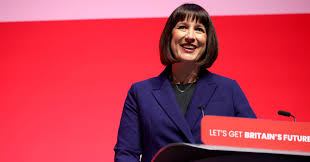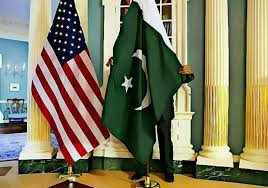UK’s Labour Party says PM Sunak is out of touch on economy

London: Britain’s opposition Labour Party accused Prime Minister Rishi Sunak on Tuesday of being out of touch by signalling that voters will soon feel the benefit of the end of a recession likely to be confirmed by data this week.
With Labour far ahead of Sunak’s Conservatives in opinion polls before an election later this year, its finance chief Rachel Reeves sought in a speech to derail attempts by the government to rebuild its reputation on the economy.
“When the prime minister and chancellor say: ‘We’ve turned the corner, the plan is working, look out for the feel-good factor’, I think that’s deluded, and it’s really out of touch with the realities that people are facing,” Reeves said.
The Conservatives have said that slowing inflation and a pickup in growth show the economy is recovering after the COVID-19 pandemic and an energy crisis following Russia’s invasion of Ukraine.
Economists predict official figures due on Friday will show Britain’s economy grew by 0.4% in the first three months of 2024 after declining in the third and fourth quarters of 2023, which represented a shallow recession.
Sunak, whose party suffered setbacks in local and mayoral elections last week, told broadcasters after Reeves’ speech that the Conservatives were attracting investment, reforming welfare, cutting taxes and reducing inflation.
“If we stick to that path, that means we’ve got a brighter future ahead that we can all look forward to,” he said.
Reeves highlighted forecasts putting household disposable income, adjusted for inflation, on course to fall between consecutive British national elections for the first time since at least the 1950s.
Reeves said Sunak and the finance minister, Chancellor of the Exchequer Jeremy Hunt, were going on “some sort of victory lap for getting minimal growth rather than being in recession.”
“I’m just so much more ambitious for our country than that,” she said, pointing to Labour’s aim of making Britain the fastest-growing Group of Seven economy by restoring political stability and attracting more private investment.





